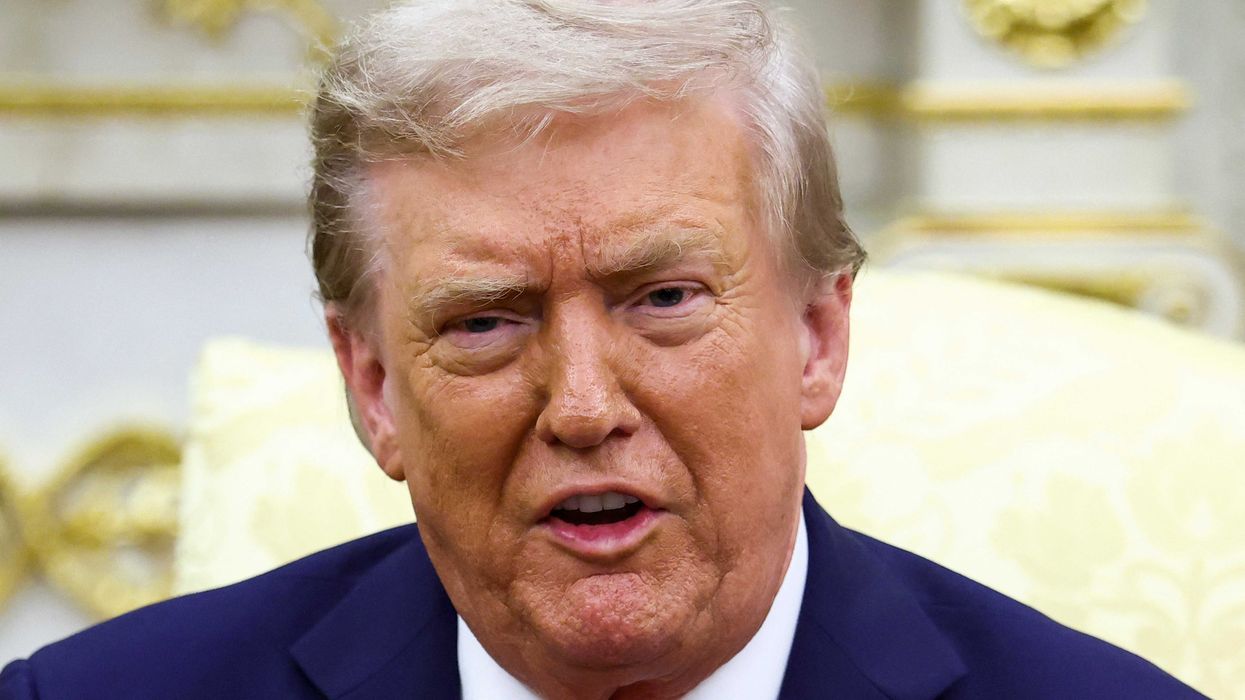Government ownership of companies creates garbage companies, and President Donald Trump’s government forays into public ownership of Intel and others will be no exception, say economists in the Kansas City Star.
“With the federal government now the largest shareholder of Intel, an ostensibly private company, Commerce Secretary Howard Lutnick wants you to know that ‘This is not socialism.’ But if public ownership of the means of production isn't socialism, what is?” demands Fraser Institute senior fellow Matthew Mitchell and George Mason University Economics professor Peter Bottke.
After Trump’s trade war made the U.S. the second-highest tariffed people in the world (behind China) Trump inserted government ownership into US Steel, while imposing demands on other private companies, including chipmaker AMD, Coca-Cola and Cracker Barrel.
“Why should we care? Like the ‘communists, Marxists, fascists and the radical left thugs’ he criticizes, Trump overlooks what made America's economy great in the first place. Nor does he seem to recognize the long, disappointing history of government control over the means of production,” Bottke and Mitchell said.
Beyond some exceptions, American companies have traditionally had the economic freedom to create as much value for customers as they can while expending as few resources as possible, courtesy of the forced efficiency of a fair profit-and-loss system. This explains why the U.S. has produced 15 of the world's 25 largest companies and represents 4.2 percent of the world's population while producing more than 26 percent of global GDP. The two economist report our median income is also “nearly nine times the global average and our poverty rate is a fraction of the global rate.”
The socialist factories of the Eastern Bloc, by comparison, “gobbled up resources, using two to three times as much steel as capitalist factories for every dollar of output produced,” say Bottke and Mitchell. “Managers were rewarded for ensuring that workers put in long hours but paid little attention to what those workers did. Socialist factories churned out little of value, which is why workers earned less than a quarter of what their capitalist counterparts earned.”
This reflected in socialist Poland’s markets, where factory employees “worked three times as long as capitalist workers to buy the same quantity of chicken, five times as long for soap, and nine times as long for a car (that typically didn't work).”
Reviews for Poland’s infamous “Yugo,” for example, claim: “At least it had heated rear windows — so your hands would stay warm while you pushed.”
Socialism failed by avoiding the profit-and-loss test, said Bottke and Mitchell. Factory leaders had no need to attend to customers' wants “because the state bought their products whether they were worthwhile or not.”
“Trumpism will fail for the same reason,” they say. “The president kicked off his first term by negotiating a $3.6 billion gift from Wisconsin voters to Foxconn. The firm hired workers to meet the state's employment requirements, but since it didn't actually have much work to do, it paid 20-year-olds to watch Netflix all day.”
Historically, government-privileged firms are wasteful firms, because the government undermines the profit-and-loss test when it becomes both regulator and shareholder.
“It also blurs responsibility. If the firm profits, politicians claim credit; if it incurs losses, we taxpayers bear the burden,” they argue, so socialist managers focus on pleasing politicians.
Read the Kansas City Star report at this link.


